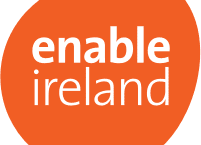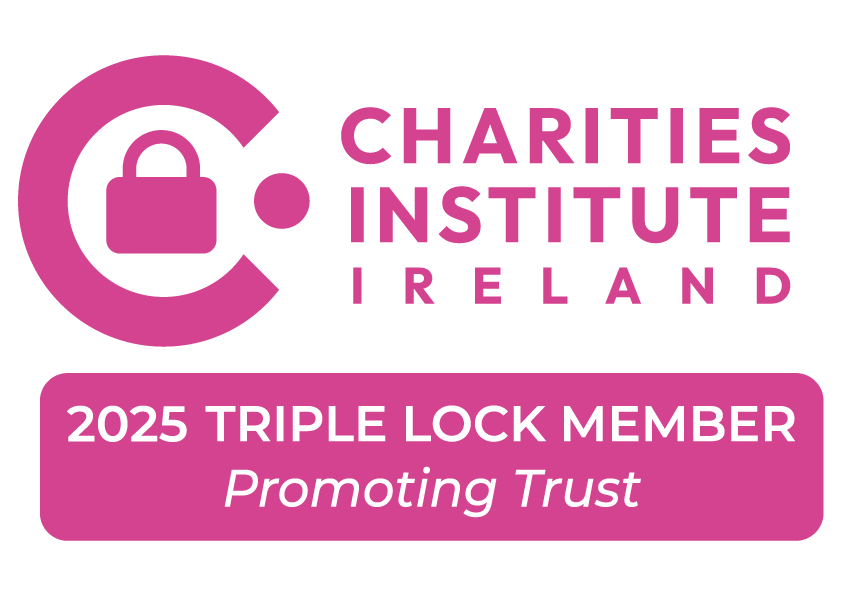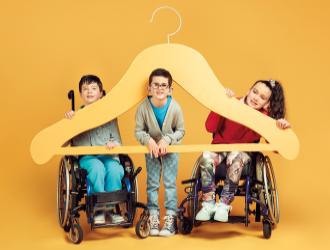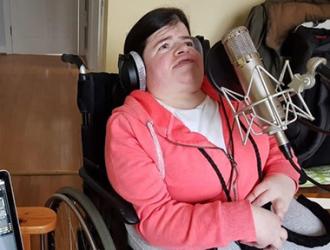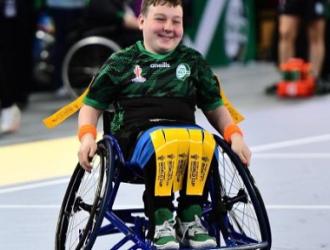Blackberry Park Children’s Disability Network Team
Children aged birth to 18 years with complex needs living in the Limerick City North area, including Thomand, Ballynanty, Westbury, King's Island, Parteen, Clonlara and Meelick Co. Clare areas.
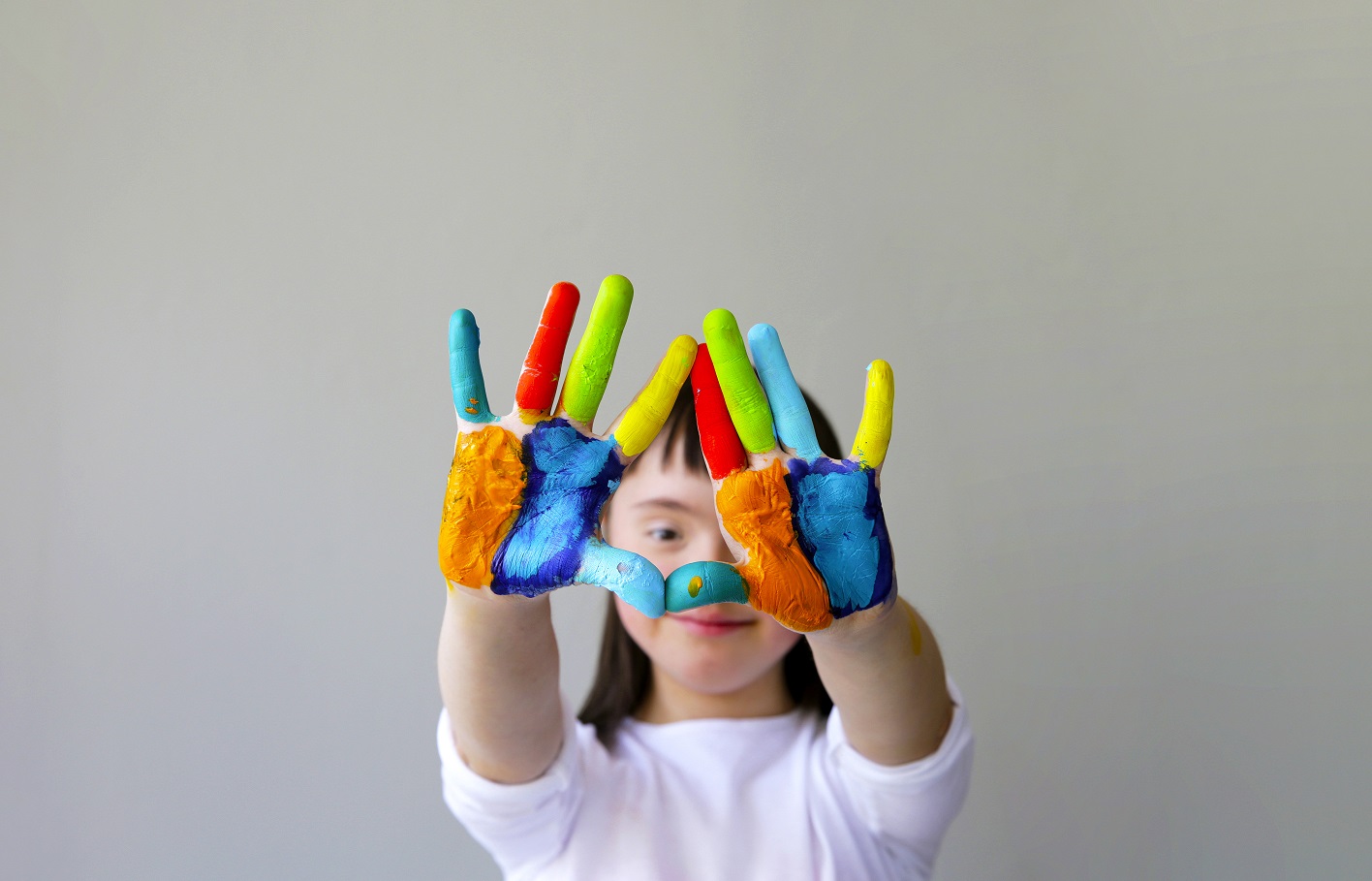
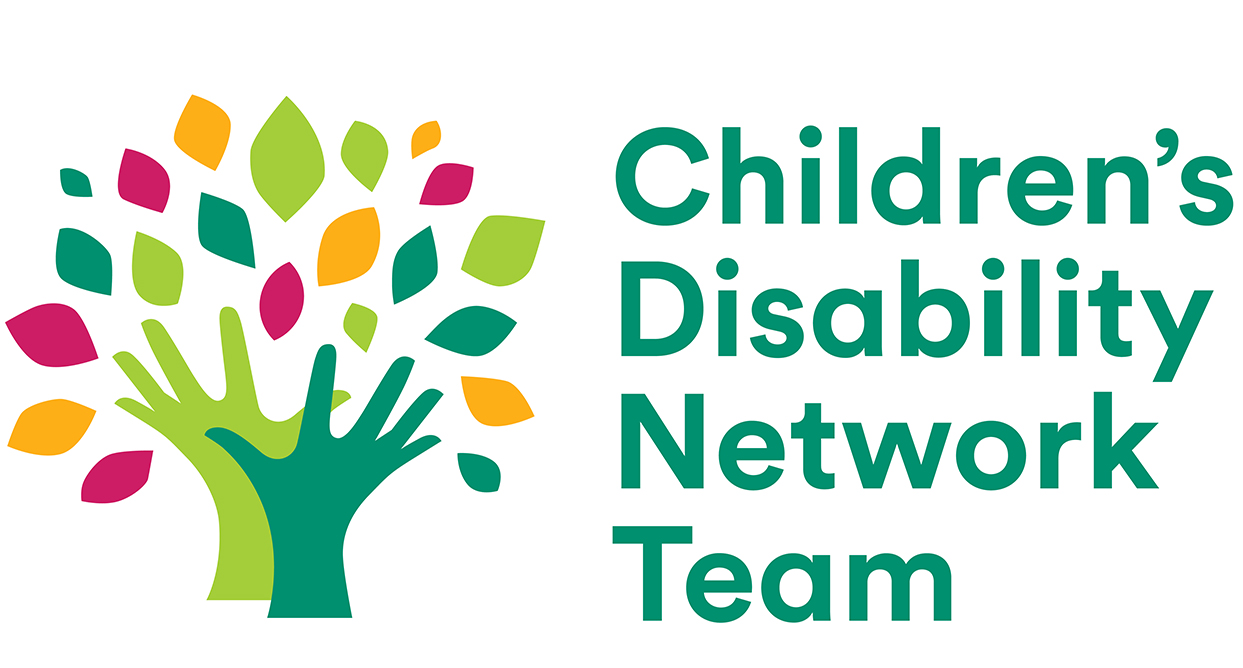
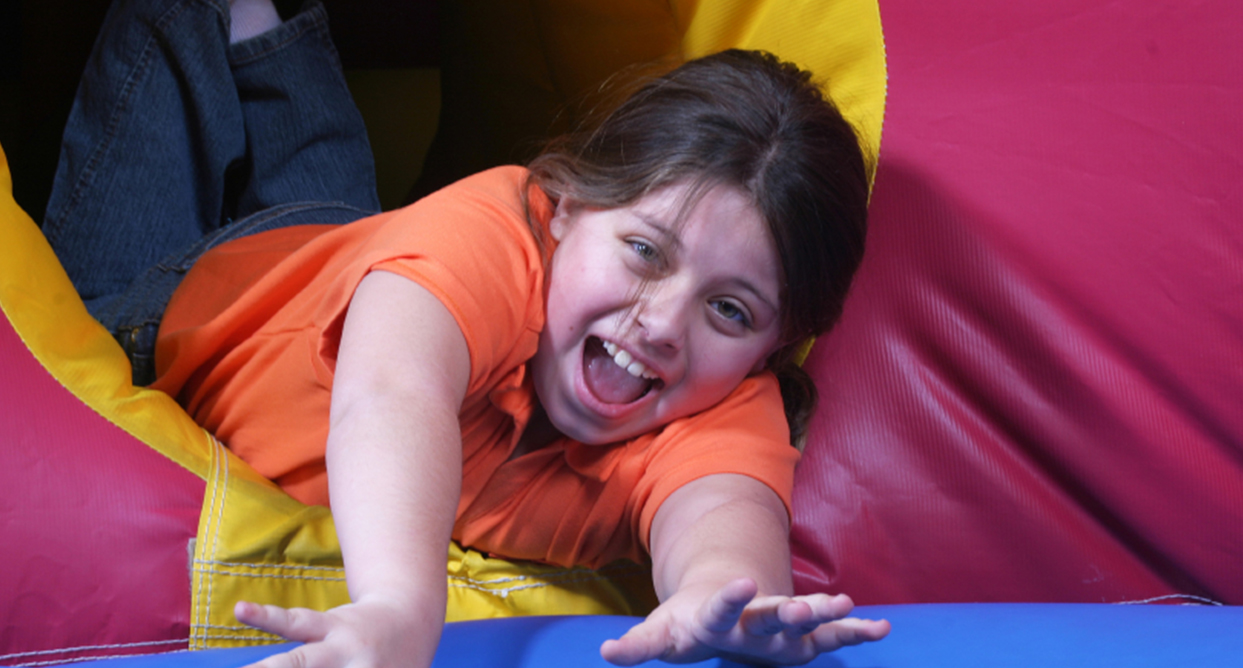
We provide support to children and young people with complex needs and their families. We aim to offer support which is family-centred. Family-centred services:
- Treat families with dignity and respect.
- Provide families information that allows them to make informed decisions and choices.
- Include active family involvement in identifying and accessing resources and supports.
- Are responsive and flexible to family requests and desires. (Dunst, 2016)
We provide support across a range of settings depending on family priorities. This can include settings like our centre, family homes, community locations and children’s pre-schools or schools.
Our service is interdisciplinary meaning that team members from different professions work together with children/ young people and their families on common goals.
FAQs
Children and young people who:
1. Are aged from birth to eighteen and
2. Are living in CHN 8 and
3. Have “complex needs” and
4. Would benefit from the support of a team to reach their potential
The CHN 8 catchment area includes Thomond, Ballananty, Kings Island, Westbury and some surrounding areas.
“Complex needs” are when a child has significant difficulties in learning or doing every day activities when compared to other children and young people their age.
Children who are at risk of developing a disability due to e.g. a diagnosed condition associated with complex needs are eligible for referral to the team.
You can find more detailed information at www.mwcds.ie.
Referrals can be made through your GP, paediatrician or public health nurse. A referral can also be made through a primary care team therapist or through another service such as Child and Adolescent Mental Health Services (CAMHs).
Children aged from birth to 18 years may be referred for services.
If you have a concern about a child’s development, ‘Children’s Services Referral Form’ can be completed by parents/legal guardians, health and social care professionals, GPs, education professionals, assessment of need officers or case managers. The completed forms can be sent to their local Children’s Disability Network Team. It is essential that signed parental consent is recorded on the referral form.
A referral can be made by a healthcare professional. Or you can make the referral yourself.
To do this:
- Complete the Children’s Services Referral Form (PDF, 106 KB, 11 pages)
- Complete an Additional Information Form for your child
The Additional Information Form lets you describe your child and what your concerns are. It will help to refer them to the right service for them.
Complete the Additional Information Form for children aged:
Services are delivered through an Interdisciplinary Team. This is a group of different health professionals that work together and in partnership with the child and their family. The child and family are key members of this team. Depending on a child’s need, members of the child’s team may include physiotherapy, occupational therapy, speech and language therapy, psychology and social work. There are other disciplines on the team that can be accessed if a need is identified.
The team will provide supports for the child across a variety of settings including the home, education settings such as pre-school or school, community settings or within the CDNT centre.
The CDNT’s operate through a Family-Centred Practice model. This is an approach that focuses on the whole family and not just the child requiring support. It ensures that the family's priorities are considered when settling goals with the family.
All families that have a child attending the CDNT will have a keyworker. The keyworker will be named contact and act as a link between the family and the team. They will support families with any queries they may have about their service.
All families attending the CDNT will have an Individual Family Support Plan (IFSP). This is an agreed plan that identifies the child and family’s goals and priorities. The IFSP will also describe supports needed to achieve these goals. The IFSP looks at and documents the child’s strengths and achievements since the last plan was completed. As children grow and develop the goals on their IFSP will change with them.
Blackberry Park Children’s Disability Network Team
Blackberry Children's Services,
Blackberry Park,
Ballykeeffe,
Dock Road,
Limerick
V94 PRR8
